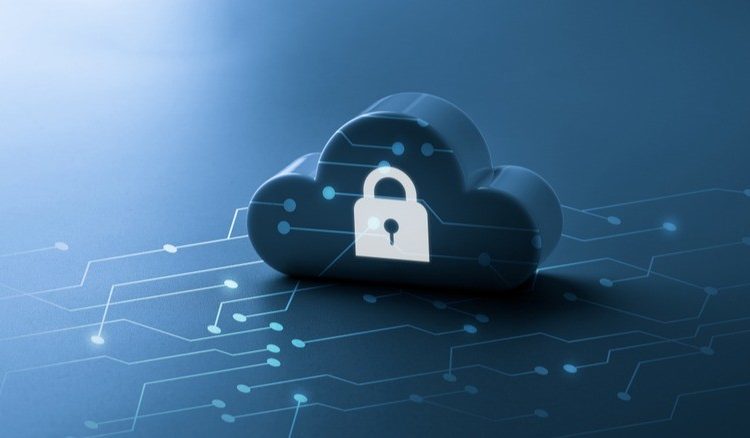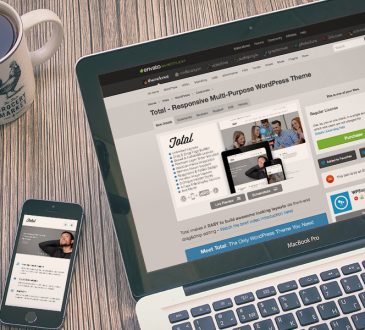
Businesses are more reliant on cloud services now than they ever have been before. Therefore, Enterprise Cloud Security is now vital to robustly address the security issues of sensitive data and critical systems accessed online.
What Does Enterprise Cloud Security Mean?
All the methods, rules and actions that secure information in the cloud are part of Enterprise Cloud Security. Unlike the old-fashioned way, cloud platforms resources are shared, always being improved and can be accessed anywhere. Because of this, keeping data safe becomes harder but even more important.
It guards against possible threats to my well-being such as:
- Unauthorized access
- Misconfigurations
- Modern cyber attacks
No matter the cloud type, businesses need certain security processes to keep their data safe, accessible and hidden.
Main Parts of Enterprise Cloud Security
1. How users access the system and control identities
For cloud security, one of the most important is deciding who can log in which companies do with various tools:
- Using many different forms of verification is called multi-factor authentication (MFA).
- The use of role-based access controls (RBAC).
- This technology is called single sign-on (SSO).
They protect the company by stopping criminals from using taken usernames and passwords.
2. Steps to Encrypt Confidential Data
Encryption hides the contents of data from people outside of the intended users. It is recommended that data be encrypted both during storage and transmission. Often, encryption systems like AES-256 are put in place.
Secure management of keys is part of a good encryption system. It becomes very important in cases such as financial reports and customer records.
3. Keeping the Cloud Network Safe
All the work done in the cloud requires strong and secure links. Main tools are:
- Firewalls
- Intrusion prevention systems are also known as (IPS).
- A virtual private network (VPN)
Zero trust is getting more popular with each day. Every person and gadget must always be verified; the system doesn’t trust devices by default.
4. Monitoring for Threats as They Happen
There is no time when cyberattacks cannot occur which is why businesses must constantly monitor their networks. Strange activity such as unusual login times, can be detected by smart tools based on AI and machine learning:
- If you sign in during unusual times of the day
- Fast movement of data
- The way users interact with online platforms entitled to modifications in attitude
An automated alert system allows a prompt reaction and control over the threat.
5. Obeying Regulations
Following European GDPR and HIPAA is required by companies regarding data privacy. This means:
- Maintaining audit documents
- Managing the location where data is kept
- Keep checking for risks to your business on a regular basis
Following the standards helps a company avoid fines and also reassures customers and partners.
Practices That Increase Your Cloud Security
Businesses need to keep ahead of dangers by:
- Teach staff how to guard against phishing and other scams.
- Routinely carry out security analyses and checkups.
- Depends on the security measures that the cloud provider offers.
- Make it a practice to check and improve your security policies from time to time.
All these piecemeal actions united help ensure better overall safety.
Why it is important to have Enterprise Cloud Security
Cyber threats keep improving and changing. Even the smallest error can become expensive if Enterprise Cloud Security is weak. Using security measures in the cloud allows your business to continue running, keep your data safe and earn customers’ trust.
When companies use basic security tips, they can use the cloud fully and remain prepared for future issues.




